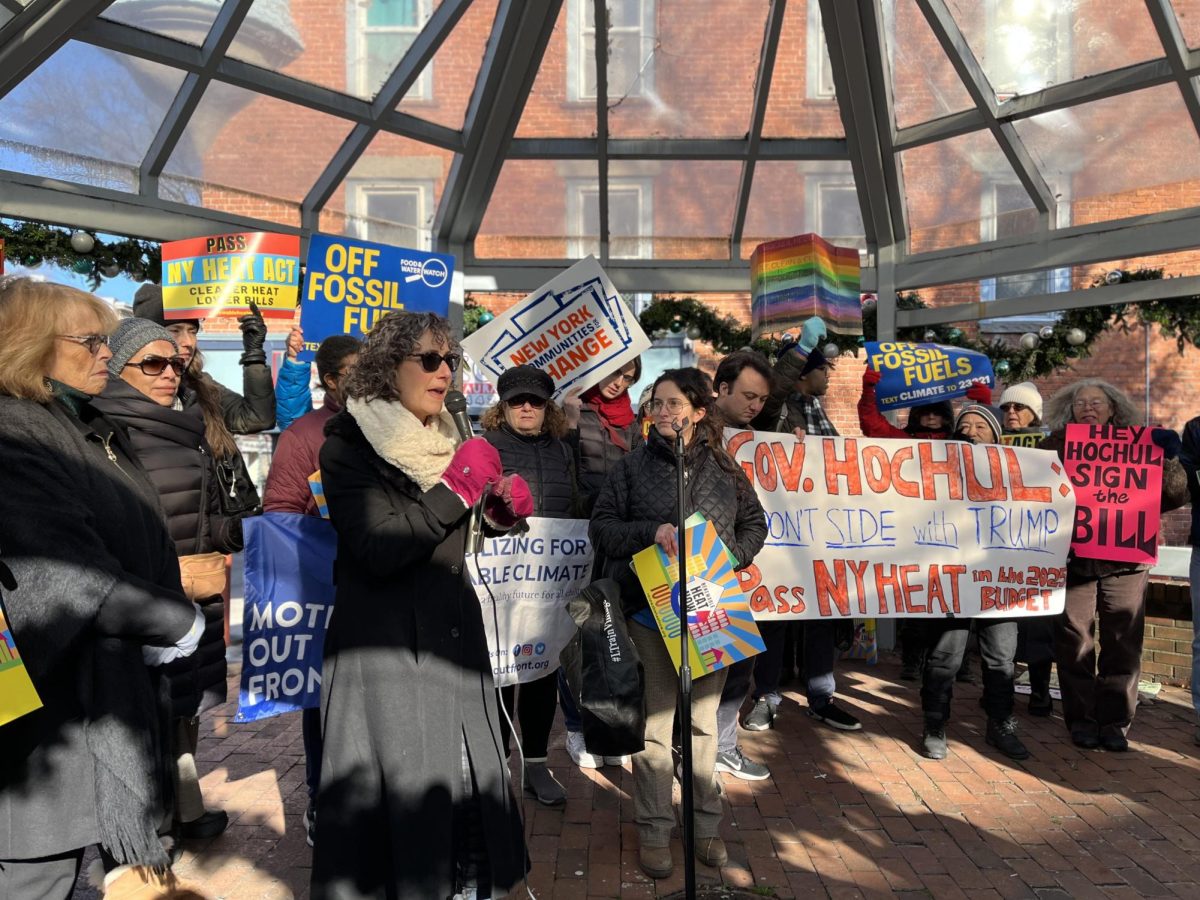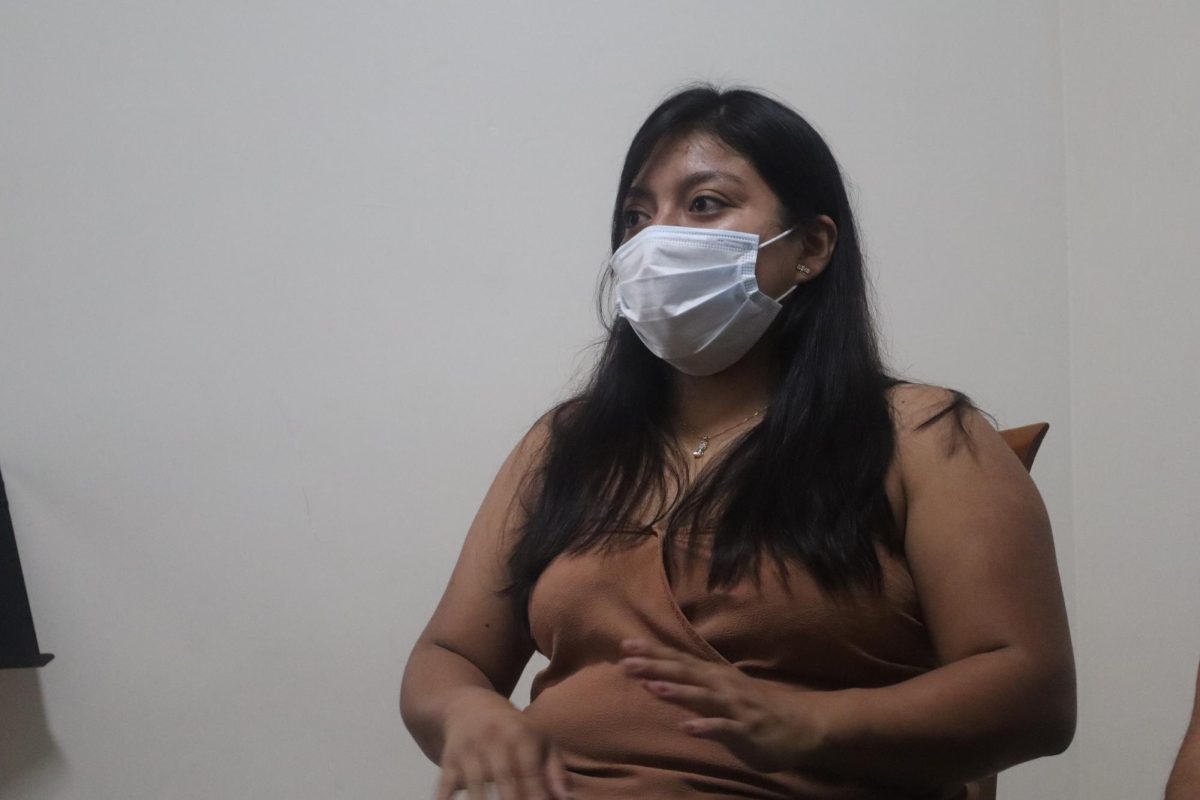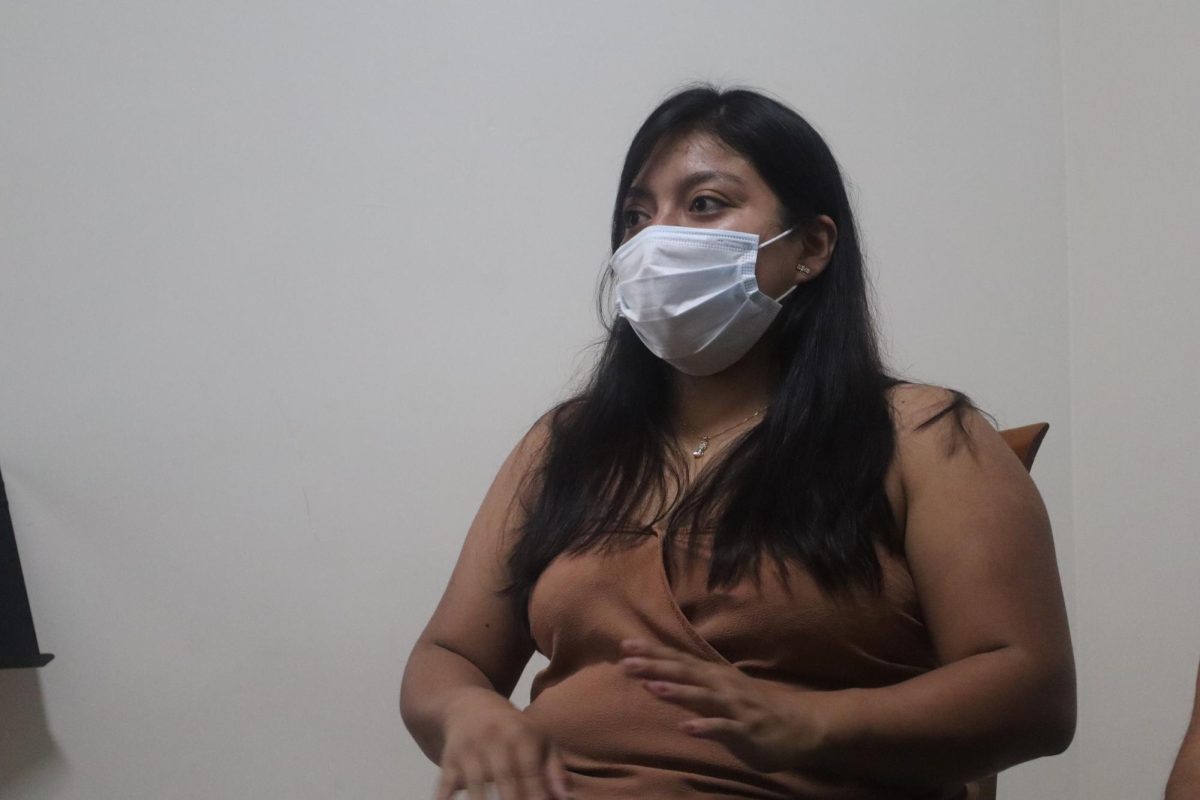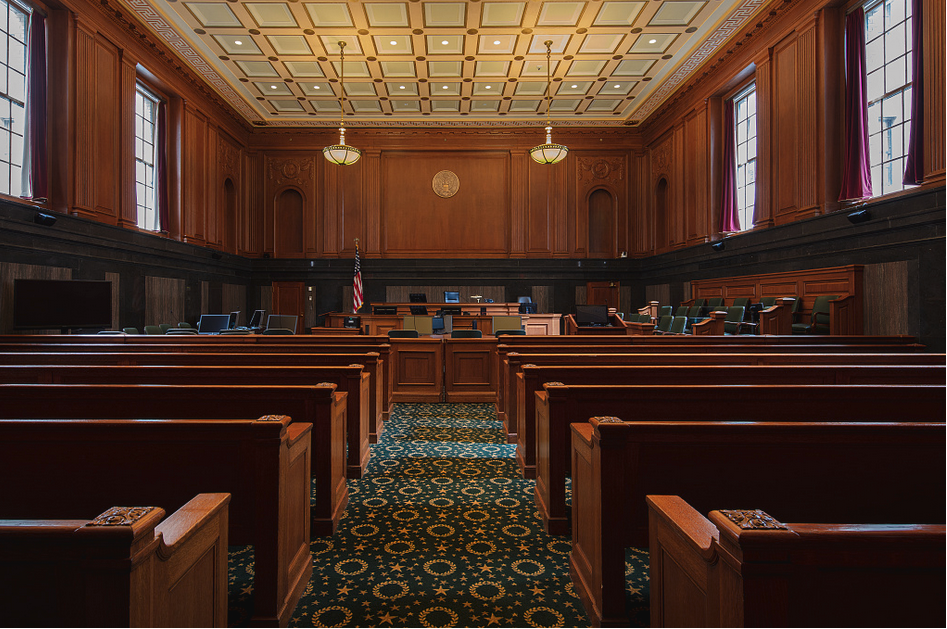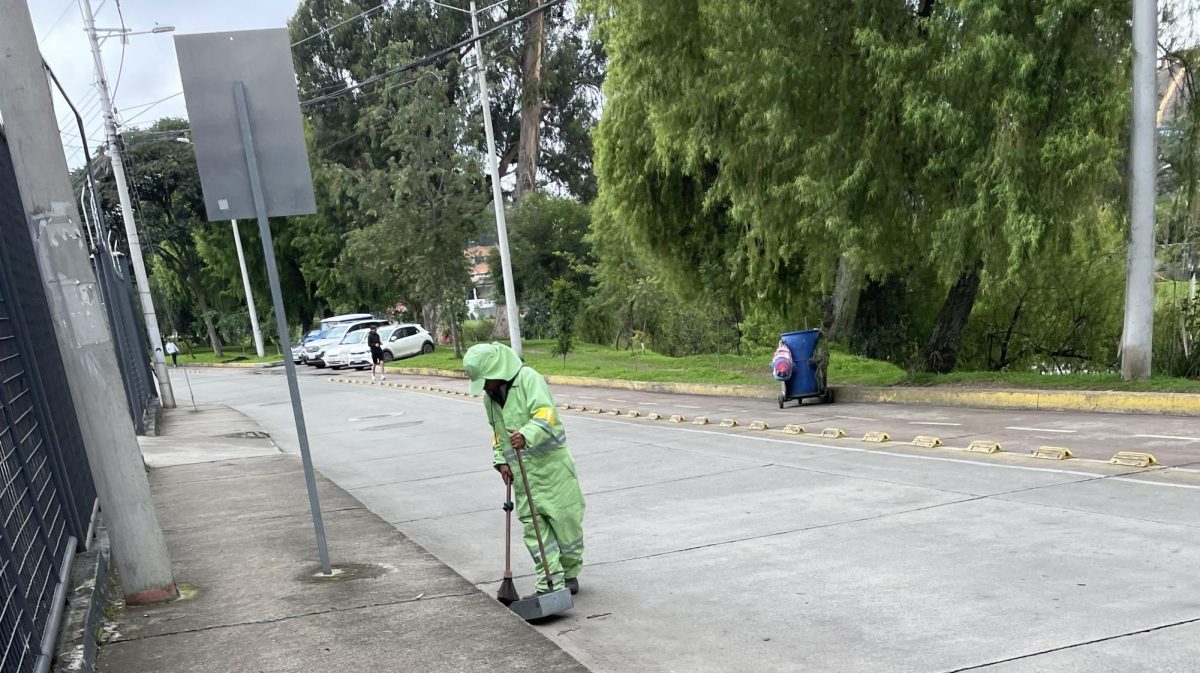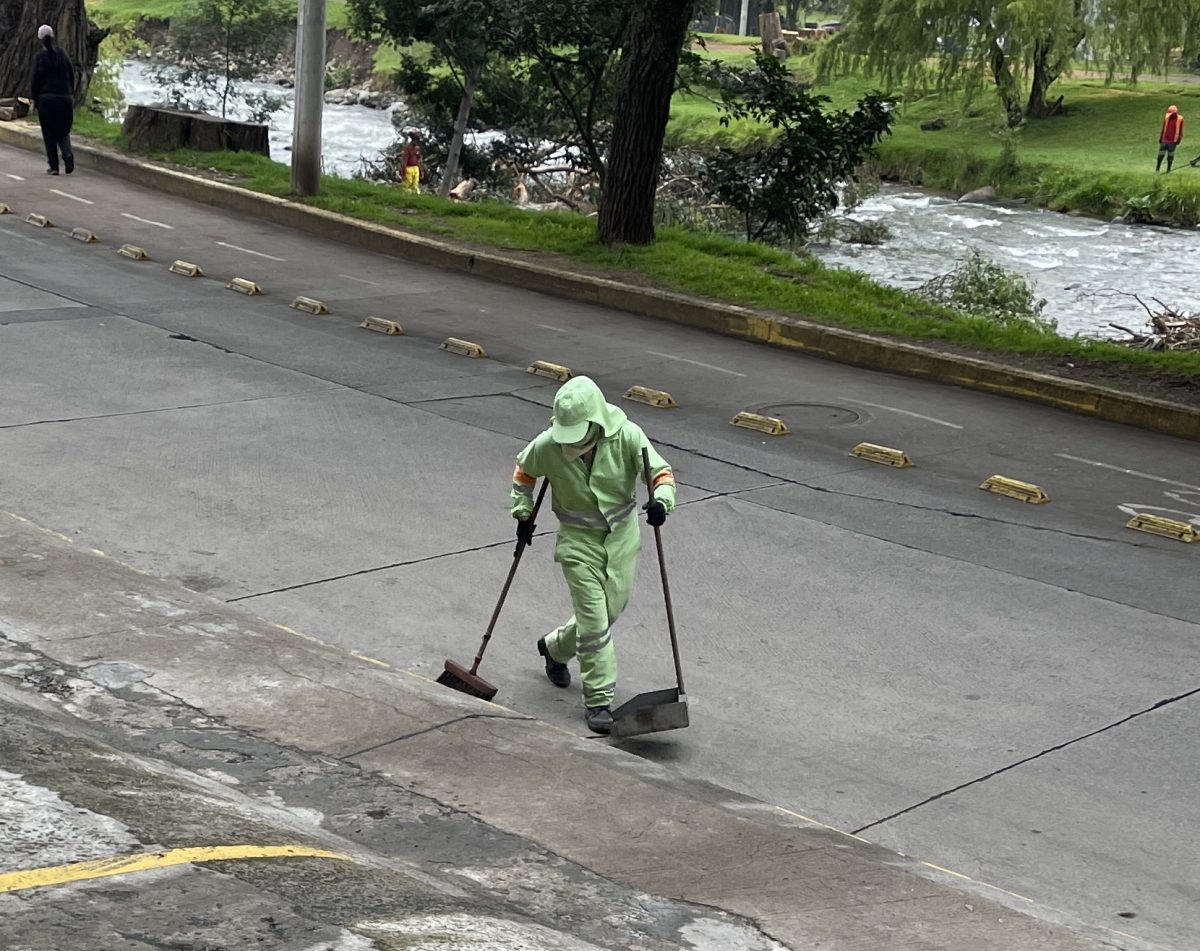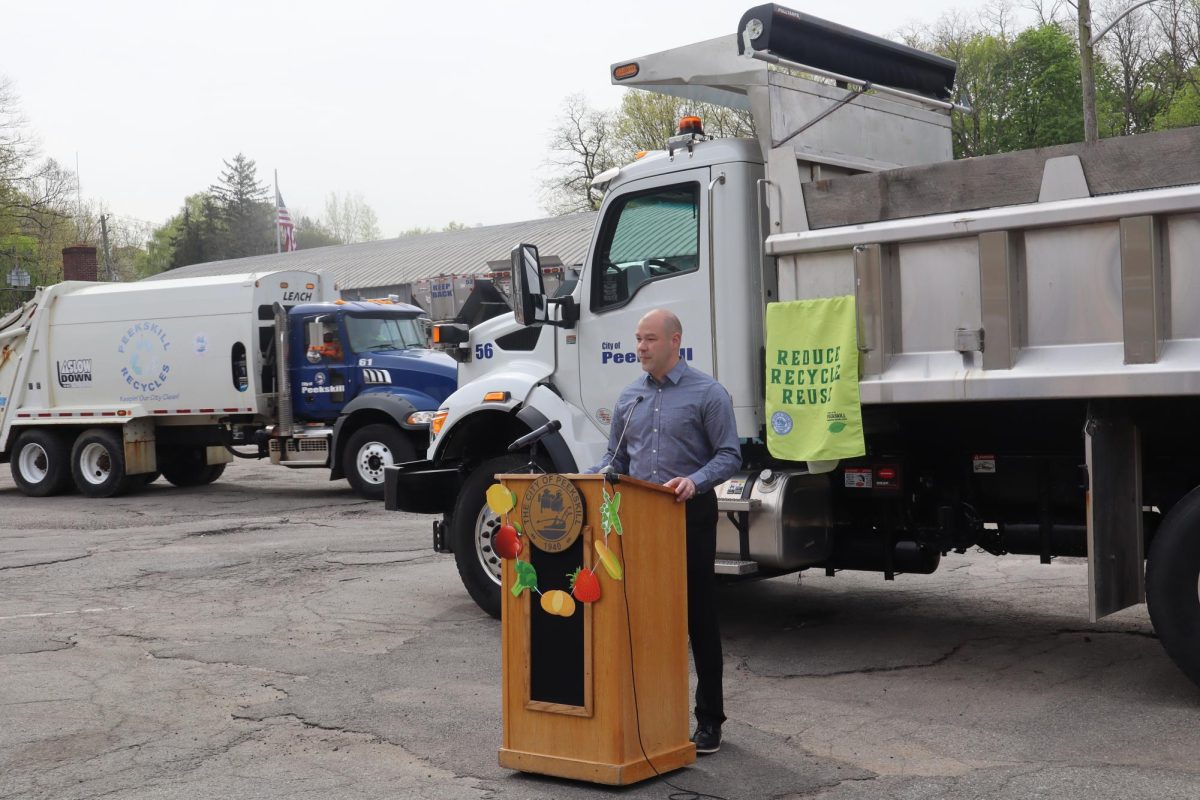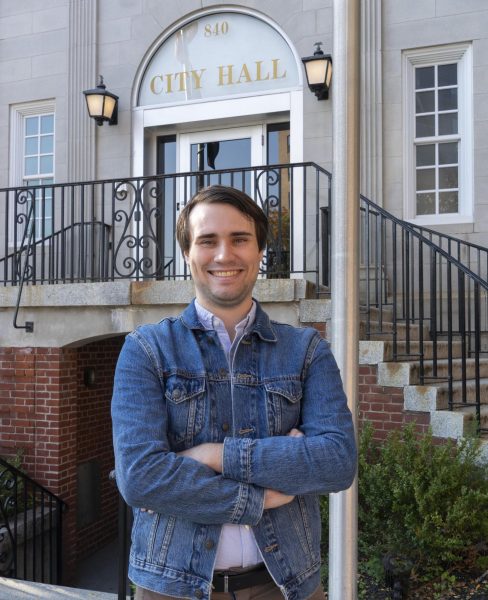It may have been a cold morning Thursday but advocates were fired up when it came to urging Gov. Kathy Hochul to include the New York Heat Act in her executive budget.
Assemblywoman Dana Levenberg, Peekskill Councilwoman Kathleen Talbot, and Deputy Mayor of Croton Len Simon, joined members of Food & Water Watch, New York Communities for Change, Mothers Out Front, Green Ossining, and the Sierra Club at the Peekskill Gazebo on December 12.
The Heat Act seeks to align utility regulation with state climate justice and emission reduction targets and repeal certain provisions of the public service law relating to gas service and sale.
“We want to make sure that the Heat Act passes,” Levenberg said. “Because what it does is make it more affordable for New Yorkers to live here. It makes it where it caps utility bills at six percent of a person’s income and right now there is no cap on utilities.”
Levenberg said it would also make it easier for utilities to build green infrastructure, put money into clean infrastructure, and help slow the pace of climate change.
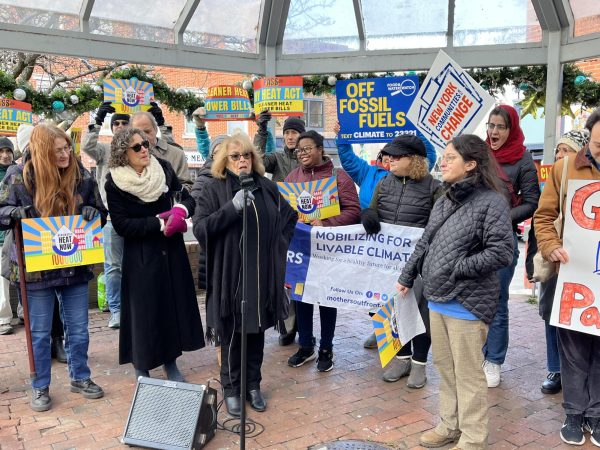
Councilwoman Talbot said there are many in Peekskill who could use help from the bill.
“This issue is critical to Peekskill,” she told the Herald. “Peekskill has a low income population that is struggling and even a lower middle income population that is struggling. The heat bills have gone through the roof and I think that people need to have a break with their heating bill.”
Deputy Mayor of Croton Simon said the act will have the greatest impact on those who strongly feel the simultaneous effect of rising energy costs, increased housing prices, inflation at the pump, and grocery stores.
“We all know that for most families utility bills are too damn high as well,” he said. “Especially as we stand here today knowing the cold winter temperatures that await us in the season ahead.”
The rally was part of a statewide week of action with other rallies taking place in Kingston, Albany, and the Adirondacks. Emily Skydel, Hudson Valley Senior Organizer with Food & Water Watch, said whether upstate or down, New Yorkers want a future where their families are safe in their homes and free from the burden of high bills.
“I think it’s really symbolic that we’re here in Peekskill because this is a location where there’s massive fossil fuel infrastructure looming that we could either see denied or we could see built,” Skydel said. “And the Heat Act plays a big part in stopping that.”
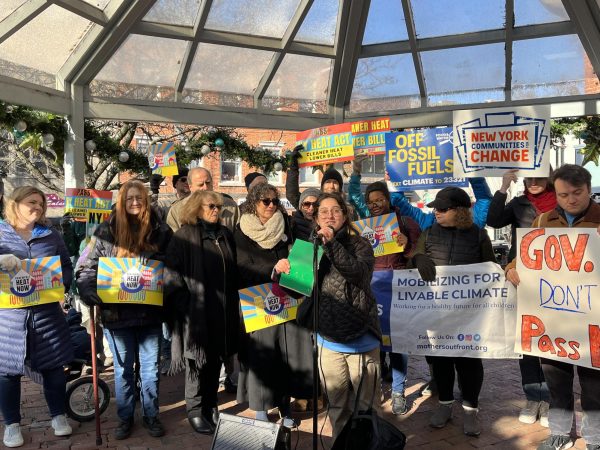
Santosh Nandabalan, a member of New York Communities for Change’s climate team, emphasized the importance of keeping utility bills down in dense communities like Peekskill that are hit with massive amounts of industry, such as the Win Waste incinerator and former Indian Plant nuclear power plant.
“Let’s make sure when we pay our utility bills, it’s not putting money towards poisoning ourselves,” he said. “And let’s make sure that from here on, we are moving to 100 percent renewable energy. This isn’t just for the climate law. This is to protect all of us and make sure that we can pay the rent, we can pay the bill when it comes next month.”
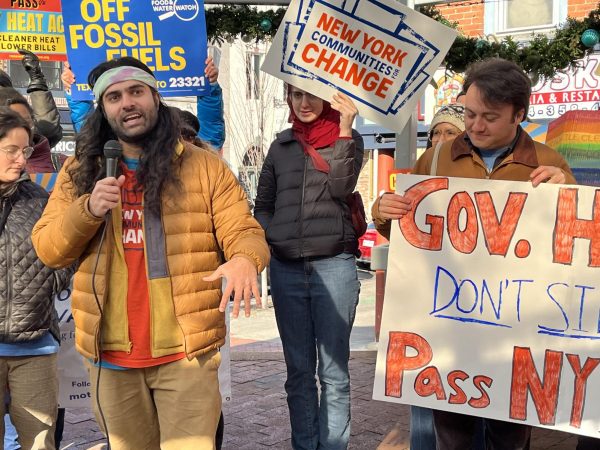
Alyssa Smith, a member of Mothers Out Front, described living overseas with her toddlers in a country with poor air quality and where they had to constantly wear masks even if the skies looked beautiful. She said that when Covid-19 hit and the skies went blue, it was an eye opener to how humans’ choices directly impact the environment and their kids.
“If we want our kids to continue to enjoy blue skies and not have to worry daily about the air they’re breathing, we need change and we need it fast,” Smith said. “Gov. Hochul, we need you now.”
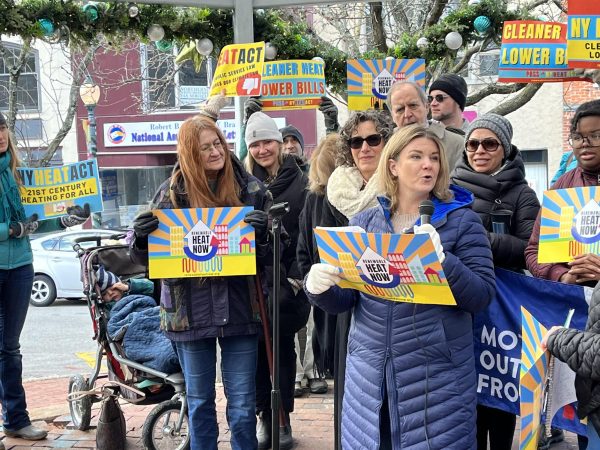
Suzie Ross, a member of the Green Ossining Committee, said with an incoming anti-environmental administration on the federal level, the onus will be on state and local governments to lead into a clean energy future.
“What we need is the [act] to help bridge the transition to clean energy by ending the subsidies associated with fossil fuel infrastructure, lowering utility bill costs for those who need it the most, and providing utility workers with clean energy jobs,” she said. “All adding up to providing equitable pathways to cleaner and healthier living environments.”
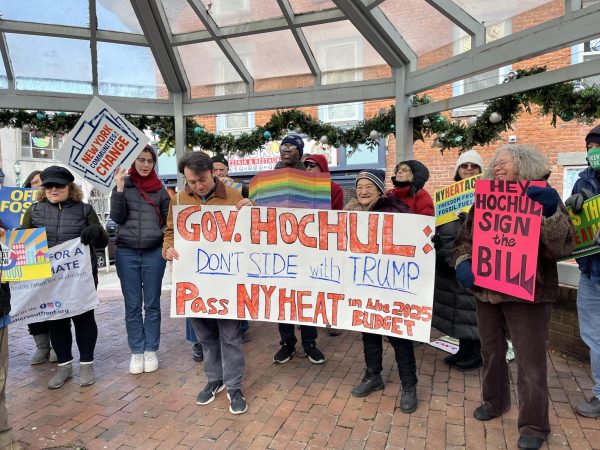
Peekskill resident Nancy Vann told the Herald that increasing utility bills hit a community like Peekskill even harder.
“Not only are many polluting industries here and they keep wanting to put new things like the Maple Pipeline Expansion here,” she said. “But our expenses keep going up. It’s important to put this in the budget bill because our housing costs keep going up, not just from rent or from property taxes but insurance premiums keep going up because of the effects of climate change.”
Gov. Hochul’s state budget is expected to pass next month. Levenberg told a reporter she has not heard anything from the office indicating Hochul would be receptive yet.
The bill sponsored by state Sen. Liz Krueger and Assemblywoman Patricia Fahy (soon to be a state senator) passed the Senate last year but failed to pass the Assembly. If Hochul does not include the act in her budget, Levenberg said she would love to sponsor the bill.
Assemblywoman Levenberg told the Herald pushback from other legislators about the bill ultimately came down to money, which is why she hopes Hochul includes it in the budget so that they can accommodate the six percent cap for utilities.
“I think the bottom line is, it’s always just dollars,” she said. “We believe those of us who are advocating for it that ultimately it shouldn’t be difficult for the utilities to make sure that we cap those prices because of the need to stop putting all their dollars into that big fossil fuel infrastructure.”


